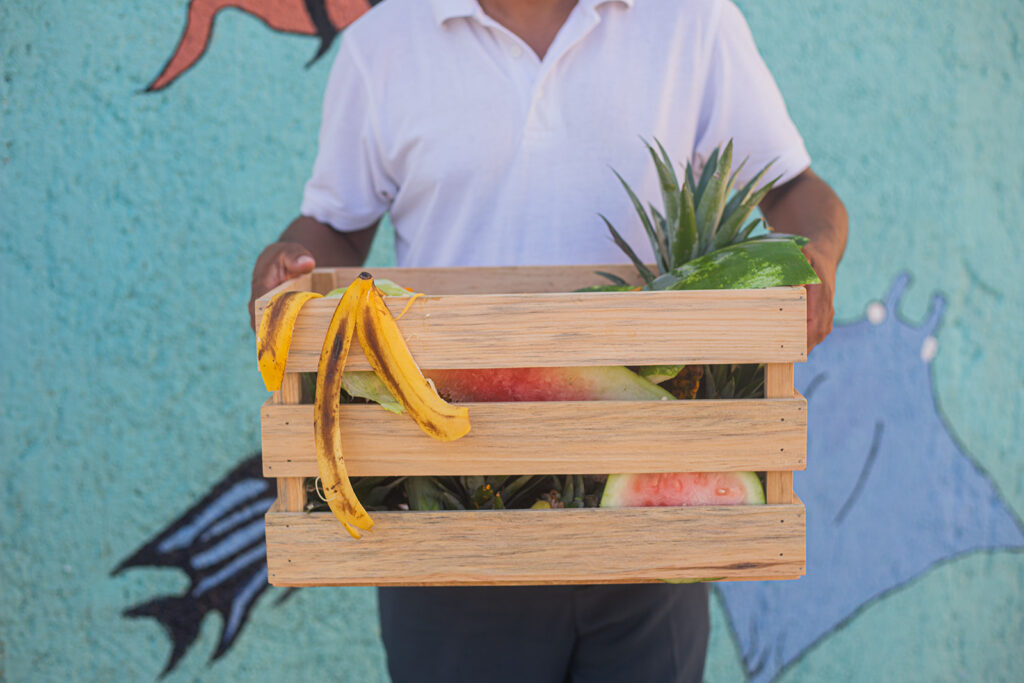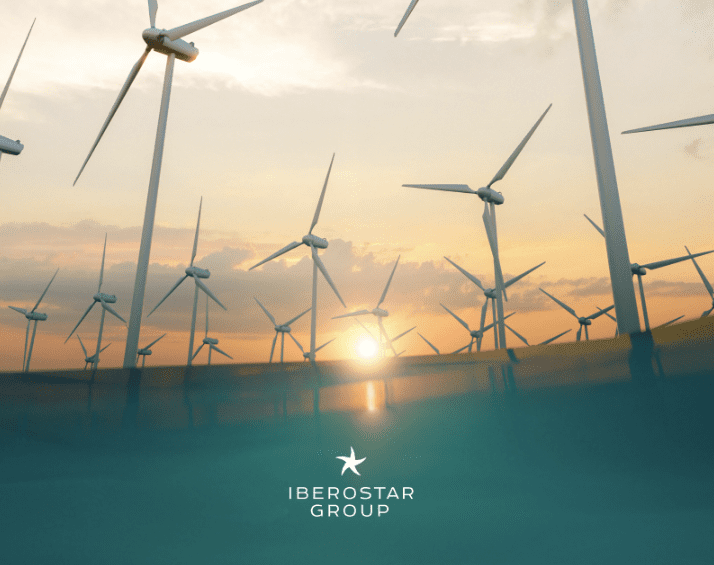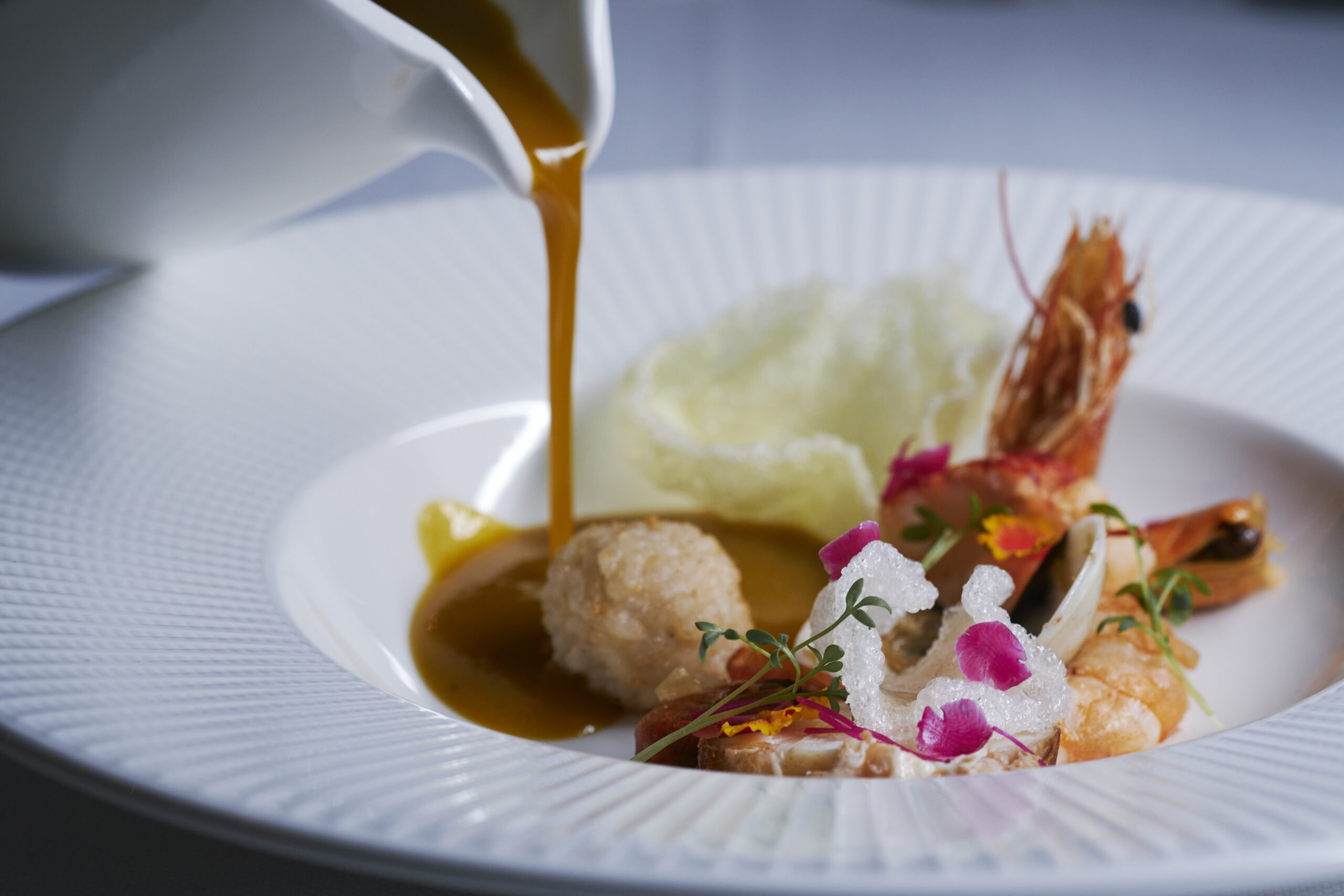Imagine a world where waste doesn’t exist. No waste piling up in landfills, no problematic materials like plastics making its way into the oceans. In fact, there’s no need to imagine, but rather see that nature has always operated this way: the waste from today -like fruit falling off trees- becomes tomorrow’s resources -soil for new trees to grow-. However, people have adopted a linear model that greatly differs from nature’s way of working: we take resources from the ground, make products from them, and discard them once we are done using them. Just in the US, over 292 million tons of waste are produced every year. That’s about 800 times the weight of the Empire State Building. Out of that waste, over 50% ended up in landfills.
What if we could instead operate like nature does? A world without waste is possible and we are all part of the solution to get there. By managing our waste, we can make sure that many products, from organic waste to glass, can still have value at the end of their life and don’t end up in nature. At Iberostar, managing our waste is one of our main priorities and we commit to sending no waste to landfill by 2025, a goal that our global 3Rs department helps us realize across our hotels.
There are many ways you can contribute to minimize the amount of waste sent to landfill. Here are our favorite tips for you:

1. Choose products that can have value at the end of their life.
The design process of a product affects 80% of the impact on the environment. By going for products that are much easier to reuse or recycle at the end of their life, you can make a big difference. There are many everyday products that are difficult to recycle because of the materials they are made of, like toothpaste containers, bags of chips or styrofoam packaging.
Choosing products that can be recycled or reused is one of the best things you can do to reduce your environmental impact. This is why it is one of the main focuses in our hotels in order to become waste free by 2025. Check out this guide on products and recycling before buying new products, particularly those that have packaging.
2. Think twice before throwing something away
We often discard things when they have small issues that could be fixed, such as clothes or electronics. Learning how to repair them or having them repaired for you is not only a great way to extend their life, but also to avoid purchasing new ones right away.
There are also many creative ways to use packaging or containers we could easily throw away. As an experiment, look for ideas to repurpose an item you were thinking about discarding. We are confident you will find a way to give it a new life, for example through storage or decoration. In one of the restaurants in our Iberostar Selection Paraíso Lindo hotel you can find ocean-inspired decorations made out of recycled materials.
3. Check the labels in your products to avoid “wischcycling”
Have you ever thrown away an item into the plastic or paper container in your area hoping it will get recycled but not quite sure it will? This is often referred to as aspirational recycling or “wishcycling”. It’s worth checking the labels of items like milk cartons, as there may be items that may go into a different container than you may have thought. And, despite our best intentions, there are items that are very difficult to recycle and will inevitably end up in a landfill. Trying to find alternatives to these products is key to go beyond recycling and better managing our waste. That’s why we made it a priority to eliminate all single-use plastics in our hotels by 2020, as many of them cannot be recycled.
4. Install a small composting station at home
Composting is an easy way to reuse your organic waste, and grow a small vegetable garden, or just add soil to house plants you may already have! You don’t need a big space to compost and there are many options to get started. Here are some of the options to check out, from an enclosed bin, to a tumbler or vermicomposting.
5. See what products are recycled in your area
The items you can recycle will change depending on the area where you live. We encourage you to do some research to see options available in your area. That can help guide on what items you can find alternatives to so that they don’t end up in a landfill. And if you see there are no options for certain kinds of waste, like organic waste, make a petition for it!






